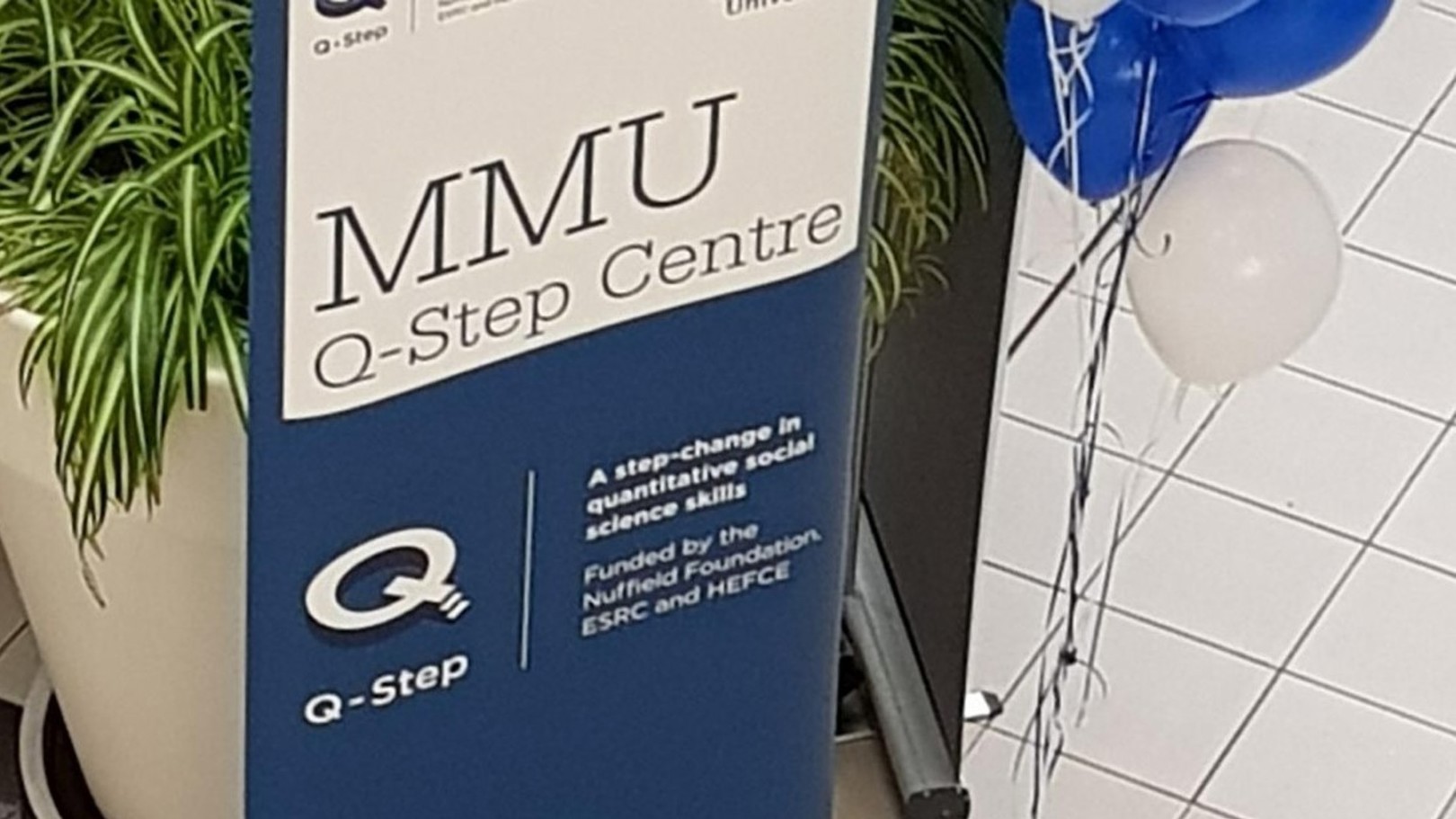Students studying Sociology, Criminology, or a combined Crim-Soc course, can take an optional module on quantitative methods which allows them to structure their dissertation around a real-world CITC project; giving them the opportunity to enhance valuable skills in applied research whilst also engaging with the larger community.
Whilst the students benefit in this way, CITC is also supported to delve deeper into some of the social sciences to look at the impact of its programmes across the city.
The quantitative research skills the Q-Step students and supervisors can offer have a huge benefit in extending CITC’s understanding of social impact.
To find out more, we spoke to two recent Q-STEP Placement students, Heather and Olivia:
Why did you want to work with CITC for your Q-STEP placement?
Heather: “I wanted to work at CITC as it was reputable company, and I liked the work that they did to help people within the local community.”
Olivia: “I wanted to work with CITC for my placement because not only are they a well-respected and a highly recognised organisation, but the work they do was of high interest to me. I enjoy and already work part time within sport, and due to my criminological background, I had a particular interest in the work CITC does in disadvantaged communities too.”
How did you decide your research question and why that project?
Heather: “I decided my research question with the help of my CITC supervisor. They had a few research topics that they wanted to be further investigated, so I looked at the data and explored research online relating to the topic.”
Olivia: “Due to my interest in disadvantaged communities, I already knew going into the placement that my main area of interest was CITC’s outreach programmes. After discussions with the MEL team, we mutually agreed on a research question that both interested me and benefitted CITC. As a result, I looked at the Kicks programme, and how that impacts pro-social behaviour and emotional regulation in young people.”
What were your key findings?
Heather: “My key findings from the programme was that there was a lack of Asian participants in the programmes and those that had higher scores of deprivations were less likely to achieve a higher social development score than those participants who were less deprived.”
Olivia: “The most prevalent findings to arise from my research were: the more comfortable participants feel attending Kicks sessions, the more positive their outcomes are in terms of pro-social behaviour; male participants are impacted more positively in terms of emotional regulation than female participants; Kicks has a significantly high proportion of Black/Black British participants and the majority of participants who take part in Kicks live in areas of very high deprivation.”
What did you enjoy most about your placement?
Heather: “What I enjoyed the most about my placement was working with a team, who were passionate about the data they were investigating. I also valued the experience in working in an office independently and with others.”
Olivia: “I enjoyed being in an office environment during my placement, something which was a new experience to me, all the staff at CITC were so friendly, supportive, and welcoming. I also enjoyed being able to work with real-life data and do research that provided insights that could go on to help CITC in the future. The skills and experience I gained from my placement are invaluable and I cannot thank CITC enough for the opportunity and support throughout my time with them.”
What are your next steps?
Heather: “My next steps are to look for work outside of my placement relating to data analysis.”
Olivia: “My next steps are to find a graduate job as a data analyst to gain further experience and training. My long-term goals are to work in data analysis in sport, which will use the skills I have in data analysis but also tie in with my main interest in sport.”
CITC have already recruited two new students for the 2022/23 academic year and look forward to continuing the partnership with MMU and the Q-STEP programme into the future.






